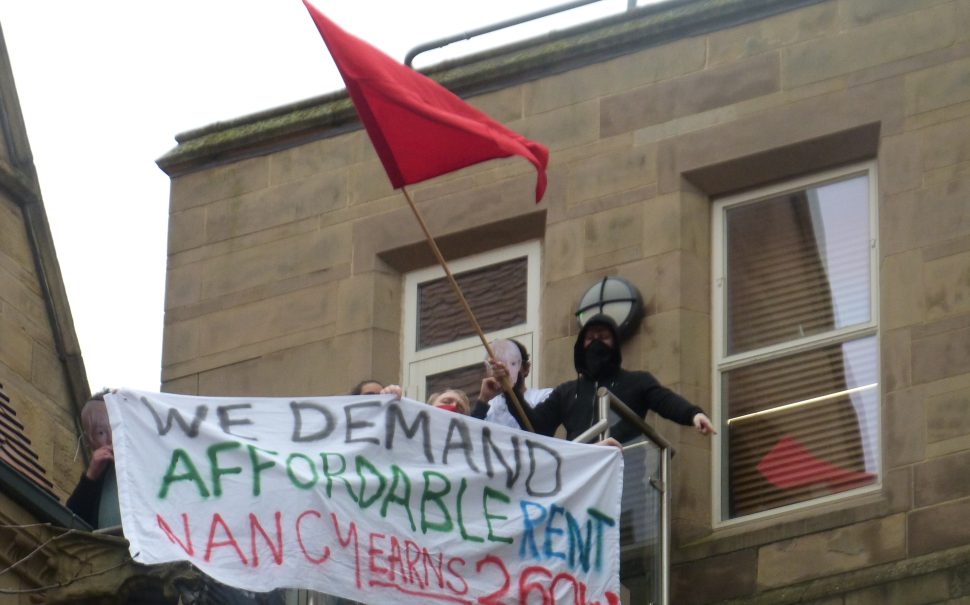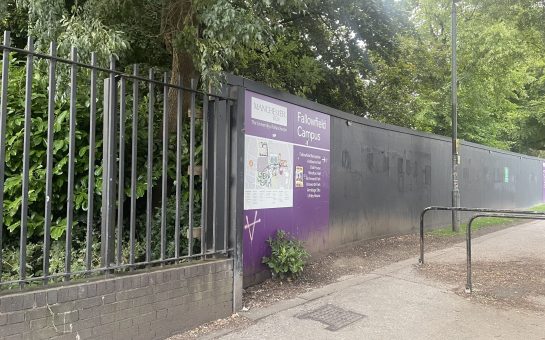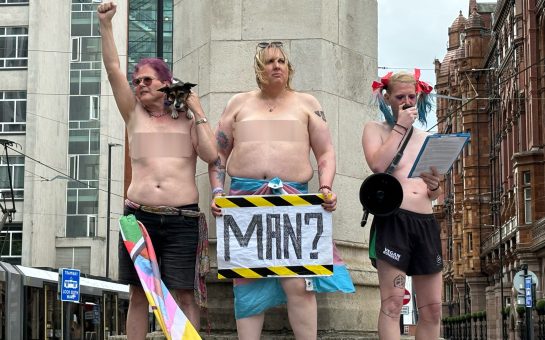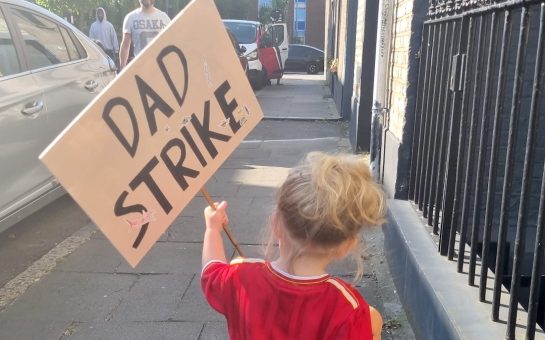Resentment for senior management at the University of Manchester is reaching fever pitch as a result of staff and student protests with the summer break fast approaching
While for most university students, the final semester of the academic year is synonymous with exam stress, moving back home and a frantic scramble for a summer job, there is an added tension on campus at the University of Manchester as temperatures rise and studies wind down.
For Ryan Belhadj, disciplinary hearings and the threat of being kicked off his course can be added to his to-do list.
But Belhadj, a third year Physics student at the University of Manchester, cuts a cool figure and carries the air of an individual who firmly believes in the actions he has taken.
“This has been coming for quite a while,” he said.
He is one of eleven current students at the University of Manchester facing a potential list of punishments which includes everything from fines up to exclusion for their occupation of university buildings earlier this year.
The direct action was taken as a form of peaceful protest following the University’s failure to engage and negotiate with the dozens of students who withheld their rent in January and again in April.
The UoM Rent Strike campaign demanded that there was a 30% reduction in rent for halls of residence and 30% of the October payment to be refunded, as well as a freeze in rent prices for the next three years.
And while not personally rent striking himself, it wasn’t the first time Belhadj had been involved in a student protest – but the University’s response was a novel one.
“I’ve protested before in previous years and the University has been far more reasonable than now. It was just complete refusal to negotiate, to even engage indirectly – they just completely shut us off,” he said.
“They could have just talked to us and that’s all it would’ve taken. We didn’t want to stay in there any longer than we had to, but instead it lasted six weeks.”
The images of the costly and heavy-handed affair resulted in the eventual removal of the students from the Simon Building made national news in March this year, and was the latest in a string of decisions by senior management at the University to take a hardline approach to protest.
Staff solidarity
Morgan Powell, a lecturer, PhD student and UCU member at the University, has witnessed the increasingly draconian stance taken towards striking staff, who themselves are in the midst of a national marking boycott.
He said: “Today we learned that the University plans to increase its pay deductions from 50% for not doing marking to 100% if staff don’t report their participation in the marking boycott. This is a move to escalation rather than resolution.
“When we compare this to other universities, Cambridge and Sussex for example – both of those have seen student protests, UCU strikes and marking boycotts – what they have done is issue statements saying they want the action to be resolved, and that they want employers to negotiate nationally.”
Powell took part in a protest in support of the eleven students yesterday on the University grounds, holding a placard which read ‘students and staff before profit’, a sentiment he feels deeply and assures me is common across the campus.
UMUCU members out supporting our students today.
— UMUCU (@UM_UCU) June 8, 2023
We will always defend the right to protest against injustice on campus. pic.twitter.com/aAz3BuTEFD
“Vice chancellors and senior managers are raking in massive amounts of money while overseeing declining working and learning conditions in universities – but that doesn’t have to be the case,” he added.
“The motivation is just to rake in as much money from fees as possible while at the same time cutting staff pay, putting staff on increasingly insecure and short-term contracts and not addressing gender and racial pay gaps amongst staff in the university.”
The profit-driven approach of senior management has created a divide between them and the lecturers and support staff of the university, something that has only served to reinforce the solidarity between staff and students who feel cut off from the decisions being taken that have a concrete impact on their future.
For Belhadj, this is the possibility of not being able to finish his degree and tens of thousands of tuition fees being washed down the drain without the slightest chance of getting in back.
In Powell’s case, it is the erosion of his pension and a real-terms pay cut of almost a quarter over the last decade.
And while the negative media coverage of the University has ramped up in recent times, it still ranks as one of the most highly subscribed in the country by UCAS.
A returning student’s perspective
But prospective students are not simply turning a blind eye to the way in which senior management have dealt with student and staff protests.
Leah Wilson, an incoming Masters student who also completed an undergraduate degree at Manchester in 2020, voiced her concerns about how much – and at the same time how little – has changed at the almost 200-year-old institution since her time there.
She said: “It’s quite worrying because I want to know that my views will be respected, and that if I have something to say that it will be heard. I feel like putting disciplinary measures on strikers is almost prison-like.
“The fact that Manchester has always been seen as the home of the trade union movement and somewhere that’s quite progressive, for the main university to go so against the historic values of the city, it’s crazy – I think it has definitely damaged the reputation.”
Wilson has first hand experience of living in university-owned accommodation which was sub-standard, and although not a great deal has changed in the condition of many University halls, some sites have increased in price by almost £1,000 a year.
“There was no personality to them at all, just faded green paint and when issues were raised they took forever to get solved.
“The quality of the accommodation was really quite shocking, for myself and many friends – the only nice halls I remember visiting were the privately-operated ones,” she added.

Perspective on just how little had been done to improve the halls of residence came in the form of an anecdote from a fellow student.
“A friend from my halls told me that her dad went to the university and when he moved them in to first year, he said this is the exact same as it was when I was in here, which is quite a concerning thought,” she said.
When approached for comment, a University spokesperson reiterated an earlier statement put out that said the reasons for disciplinary action “include injury to and intimidation of our staff who are doing their jobs, which we cannot accept”.
The statement added: “These internal disciplinary actions are ongoing, and it would be unfair to prejudge any outcomes at this stage. The students involved will have the opportunity to participate in hearings. Students have not been evicted for failure to pay rent during the year, despite rumours to the contrary. Our intention is not to evict students. In fact, we have referred a total of 255 students, to a third-party agency for further assistance.”
Whatever the outcome of the disciplinary hearings the eleven students face this week, discontent between the seemingly united front of staff and students against senior management appears to be growing by the day.
The media furore around the University’s approach to dealing with those involved has led to an unfamiliar level of scrutiny for their disciplinary processes – and broader questions being raised about campus protest and funding models for higher education as a whole.
Feature image credit: UoM Rent Strike




